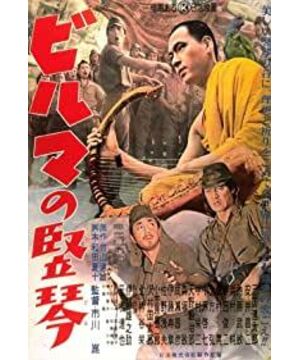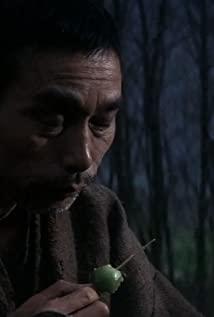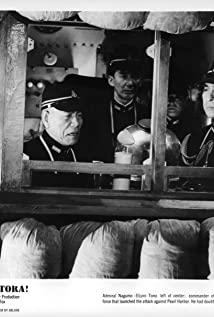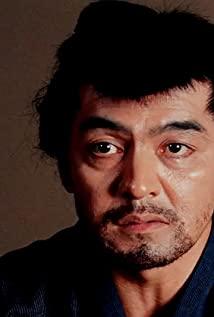However, one of the most worthy considerations in movies is belief or the process of establishing beliefs. What triggered this belief in Mizushima? Only the Japanese soldiers who saw the mob wilderness? Right or his own reflection on life? We can only rely on our guess at this point.
If "The Harp of Burma" focuses on the establishment of belief, then Shichuankun's other film "Wildfire" focuses on the process of firming up the inner belief. The two movies have in common is a very different Japanese soldier. After experiencing scenes that other soldiers are accustomed to (mob wilderness, cannibalism, etc.), they are almost from the murderer to the standing Buddha. The difference is the former experience. It is a sudden awakening, the latter is from hesitation to firmness.
View more about The Burmese Harp reviews









